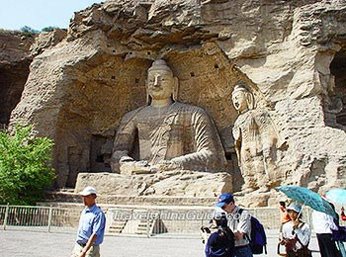
-
HOME
-
WHAT IS STANDOur Mission Our Values Our Help Contact
-
WHAT WE FIGHT FORReligious Freedom Religious Literacy Equality & Human Rights Inclusion & Respect Free Speech Responsible Journalism Corporate Accountability
-
RESOURCESExpert Studies Landmark Decisions White Papers FAQs David Miscavige Religious Freedom Resource Center Freedom of Religion & Human Rights Topic Index Priest-Penitent Privilege Islamophobia
-
HATE MONITORBiased Media Propagandists Hatemongers False Experts Hate Monitor Blog
-
NEWSROOMNews Media Watch Videos Blog
-
TAKE ACTIONCombat Hate & Discrimination Champion Freedom of Religion Demand Accountability
A Scientologist Asks, Is Religion Necessary for a Society to Thrive?
There has been much discussion for and against the importance of religion in the development of a healthy societal framework. Science, technology and philosophy are taken for granted as essential foundation stones in building a civil society. Secularists argue that religion is not in fact necessary and that social morality need not be dependent on religion.

Our possession of physical bodies, residing in the physical plane of existence, establishes beyond further argument the need to accept science and technology as subjects that need to be studied and understood so that we may better understand ourselves and the world we live in. Philosophy currently seems to have acceptance only to the degree that it eschews religious thought and ponders the great questions of life from the viewpoint of the secular humanist. Religion has become the poor cousin, present, but relegated to secondary status behind its “more factual” relatives, the sciences.

While it may indeed be true that a set of morals could be developed without a religious source, it is also true that the majority of civilized societies on this planet did develop their morality based on their religious beliefs—and these moral agreements made cooperative society not only possible but made it thrive. Man, working well together with others as a group, did far better than working on his own or at odds with his fellows. Morals are merely the agreements that make this level of cooperation possible. If they have at times developed independent of religion and enabled a productive and long-lived society, I am at a loss to name it. So history, from this point alone, would tell us that religion has been a vital factor in the advance of civilization.

Additionally, just as science has been a necessity in providing answers to questions posed by the physical universe, religion has filled that role in answering our questions about our own spirituality, our origins and the true meaning of life. To diminish the role of religion is to deny the existence of the spiritual factor in our lives and in the development of the human race.
Many seek to limit human inquiry to the physical at the expense of the spiritual aspects of existence. This truly limits the scope of our understanding, because the standard scientific tools that measure physical phenomena are inadequate when investigating the spiritual plane. Just because they don’t see anything does not mean it isn’t there. You would not consult with a priest to explain quantum physics. Similarly, the scientist is not the best source of information on religion. They are their own fields and have traditionally provided their own teachers. Just as scientists don’t rely on the blessings of priests to practice their disciplines, priests do not need the approval of science for their continued right to exist and to provide for the spiritual needs of their parishioners.

Every great religion has advanced the spread of civilization in its age and sector. This is demonstrably true and establishes the necessity of religion as a key factor in the advancement of society. It appears that life is composed of a mixture of the spiritual and the physical. While a focus on the latter may yield results on a temporary basis, it ignores a key element of existence and in the long run will have a detrimental effect.
A holistic approach that acknowledges the historical importance of religion provides the strongest basis and hope for continued positive development of our society.









